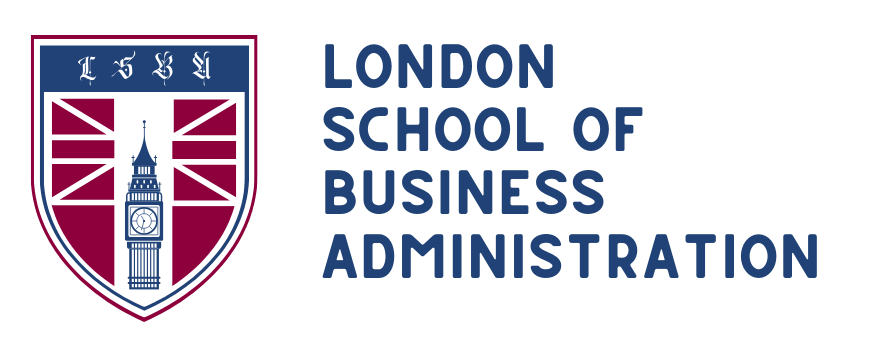Blog
Why Effective Leadership Is Key to Organisational Success
In today’s fast-paced global economy, organisations face constant change—from technological disruption to shifting customer expectations and competitive pressures. Amid these challenges, one factor consistently determines whether a business thrives or struggles: effective leadership.
Leadership is far more than holding a senior title or managing daily operations. It is about inspiring people, setting direction, and shaping a culture that drives performance and innovation. This article explores why effective leadership is central to organisational success and how the Leadership and Management Programme at London School of Business Administration equips professionals to develop these critical skills.
1. Setting Vision and Strategic Direction
Strong leaders begin by defining a clear vision and mission. They articulate where the organisation is heading and how to get there, giving employees a shared purpose and motivating them to achieve ambitious goals.
Key responsibilities include:
- Conducting market and competitor analysis to identify opportunities
- Aligning short-term actions with long-term strategy
- Communicating the vision in a way that inspires commitment
Without visionary leadership, teams risk working in silos, focusing only on short-term tasks rather than building a sustainable future.
2. Inspiring and Motivating Teams
Great leaders don’t simply issue instructions—they energise and empower people. By fostering trust and engagement, leaders create a workplace where employees feel valued and motivated to give their best.
Effective leadership involves:
- Recognising and celebrating achievements
- Providing constructive feedback and guidance
- Encouraging creativity and innovation
This sense of purpose leads to higher productivity, stronger morale, and lower turnover, directly impacting an organisation’s bottom line.
3. Driving Change and Innovation
Every organisation must adapt to survive. Whether introducing new technologies, entering new markets, or responding to economic challenges, leaders play a crucial role in guiding change.
Core change leadership skills include:
- Communicating the reasons for change clearly and honestly
- Managing resistance and maintaining morale
- Turning market disruptions into opportunities for innovation
By embracing change and encouraging experimentation, effective leaders ensure their organisations remain competitive and future-ready.
4. Building a Strong Organisational Culture
Culture is the invisible force that shapes how employees think, behave, and collaborate. Leaders set the tone by modelling values and behaviours that promote respect, accountability, and inclusion.
Strong organisational culture leads to:
- Consistent decision-making aligned with shared values
- Better collaboration across departments
- Higher employee satisfaction and customer loyalty
Leaders who prioritise culture build organisations that attract talent, retain customers, and enjoy long-term reputational strength.
5. Developing People and Future Leaders
Effective leadership is also about investing in others. By mentoring and coaching, leaders ensure that their organisations are rich in skills and ready for succession.
This involves:
- Identifying high-potential employees and nurturing their growth
- Delegating responsibilities to build confidence and capability
- Providing ongoing training and development opportunities
By creating a pipeline of talent, leaders future-proof their organisations and foster a legacy of strong leadership.
6. Making Informed and Ethical Decisions
Leaders frequently face complex, high-stakes decisions that can shape the destiny of their organisations. Effective leaders combine strategic analysis with ethical judgment, ensuring that choices serve the business, employees, customers, and society at large.
Strong decision-making includes:
- Weighing risks and opportunities using reliable data
- Balancing short-term gains with long-term sustainability
- Upholding transparency and integrity in every action
This commitment to responsible leadership builds trust with stakeholders and enhances organisational reputation.
7. Leveraging Technology and Data
Modern leadership requires a keen understanding of technology and analytics. Leaders must guide digital transformation initiatives and use data to inform strategy.
Key competencies include:
- Implementing digital tools to improve efficiency and communication
- Analysing market and operational data to identify trends
- Integrating technology into customer service and product development
By making technology a strategic enabler, leaders help their organisations stay competitive in a digital-first economy.
8. Enhancing Organisational Resilience
Strong leaders prepare their organisations to withstand economic downturns, supply chain disruptions, or global crises. They develop risk management strategies and maintain flexible operations, ensuring stability even in turbulent times.
This includes:
- Building financial reserves and contingency plans
- Diversifying markets, suppliers, or revenue streams
- Maintaining open communication during periods of uncertainty
Resilient organisations, guided by effective leaders, can recover quickly and emerge stronger from challenges.
Why Choose LSBA’s Leadership and Management Programme
The London School of Business Administration’s Leadership and Management Programme is designed to help professionals at all levels develop the competencies needed to lead effectively.
Key benefits include:
- Flexible, fully online learning, ideal for busy managers and entrepreneurs
- Real-world case studies and practical exercises, linking theory to practice
- Lifetime access to course materials and updates, ensuring skills remain relevant as leadership trends evolve
Whether you are managing a team, leading a department, or aspiring to senior executive roles, this programme equips you to inspire teams and steer organisations toward long-term success.
Conclusion
In an era of rapid change and complexity, effective leadership is the cornerstone of organisational success. It provides vision, fosters innovation, builds strong culture, and ensures that businesses remain resilient and ethical.
The Leadership and Management Programme at the London School of Business Administration gives current and aspiring leaders the tools to excel—transforming managers into strategic thinkers and inspiring figures who can guide their organisations to lasting growth and impact.


